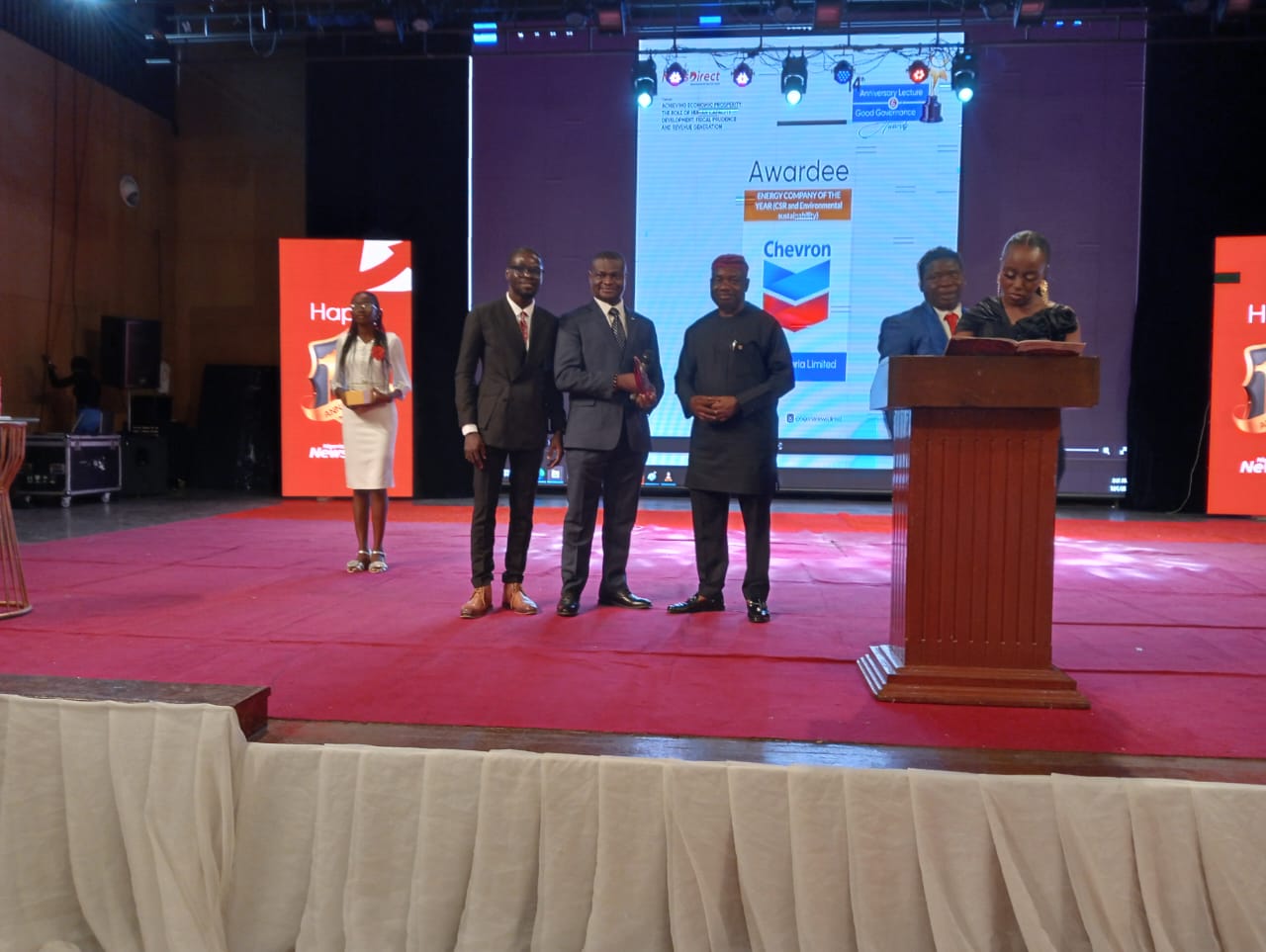Energy
Vietnam risks becoming energy importer

BEIJING – Vietnam is at risk of changing from a net exporter to a net importer within years if the country’s growing energy demands are not met.
Speaking at the Asean Council on Petroleum (Ascope) conference in Ho Cho Minh City on Thursday, Vietnam’s Deputy Prime Minister Hoang Trung Hai told delegates that Vietnam faced becoming a net importer of energy by 2017, despite the country’s energy needs only being about one tenth of those in developed countries.
“The question is how do we overcome these challenges and problems? We don’t think that Vietnam can have individual solutions for these sorts of problems,” he said.
“We have to work with our regional and international partners and companies to exploit all of the best technologies and management solutions to face these challenges and have competent sustainable development in the future.”
He said the government had always been “attentive and created favourable conditions” for the petroleum sector in the country to allow it to develop and serve as “the locomotive of the economy”, while contributing to Vietnam’s energy security.
He added that the country’s oil and gas sector helped contribute to the South East Asia region and highlighted the importance of events like Ascope in helping assist those countires in the region to work together.
“I think this Ascope forum is very important for companies in the region and the world to cooperate to seek new know how new technologies to employ better exploration and production for future developments and for sustainable developments,” Hai said.
Vietnam’s energy shortage is likely to be exacerbated in the future with Hai noting that the country’s population was set to increase from about 90 million currently to 130 million by 2030.
Hai’s concerns were backed by Petrovietnam chief Do Van Hau who also told delegates that new discoveries were not offsetting the company’s current fall in oil production.
He noted that Vietnam’s current recoverable reserves stood at about 10 billion barrels of oil equivalent, split about 50:50 between oil and gas.
Hau added that about 40% of the recoverable oil reserves had already been produced while only about 25% of the recoverable gas reserves have been produced.
“For the last few years, every year we add to the recoverable reserves somewhere from 200 million to 230 million and up to 280 million boe,” Hau said.
“The replacement ratio for us is a bit low.”
According to Hau, Petrovietnam’s current domestic oil output averages about 310,000 barrels per day, however when taking in to account its international production that figure increases up to about 340,000 bpd. The company’s gas production is currently averaging about 1 billion cubic feet per day.
Despite the state-run company making about five commercial discoveries, on average, per year Hau said output from new fields being brought in to production was not enough to offset the decline of the production from its major oilfields in Vietnam.
“In total production of the oil in Vietnam is still declining but we are trying to maintain production at a stable rate as much as possible,” he said.
– UPSTREAM
Energy
Dangote Partnership: MRS Urges Nigerians To Insist On N935/Litre Petrol Price Nationwide

MRS Oil Nigeria Plc, a prominent player in the Nigerian downstream oil industry, has implemented a new petrol price of N935 per litre across all its retail service stations nationwide.
The company has also called on Nigerians to monitor and report any outlets that fail to adhere to the new price structure.
Biztellers reports that this is consequent upon an announcement by the President of Dangote Industries Limited, Aliko Dangote, that the Dangote Petroleum Refinery has partnered with MRS Oil and Gas to offer petrol at N935 per litre at retail outlets, following a reduction in the ex-depot price from N970 to N899.50 per litre.
ALSO READ: Dangote Slashes PMS Price To N899.50k
It was gathered that MRS Oil Nigeria Plc has instructed all its outlets to implement the new price immediately, setting up a digital platform and monitoring team to ensure full compliance.
In a statement on Monday night, the company declared, “Petrol is now being sold at N935 at MRS Filling Stations nationwide. If you find any station not following this price, please report it. Call 08009447853 or email: NG-FMKPMGWHISTLEBLOWING@NG.KPMG.COM”
Emphasising the eco-friendly nature of its products, MRS Oil added, “We call on all petrol station owners to join MRS Oil Nigeria Plc in improving the supply chain of our beloved country, ensuring product quality and availability in every corner of Nigeria for the benefit of all Nigerians.”
In Lagos, commuters were seen queuing at MRS filling stations to purchase petrol, with many expressing their gratitude to the Dangote Petroleum Refinery and MRS Oil and Gas, urging other marketers to support the indigenous refinery rather than import off-spec products into the country.
A commuter at the MRS station at Alapere on the Lagos Ibadan Express way, Ibukun Phillips, could not hide her joy as her husband filled up their car.
“I am very happy today. This is a victory for Nigeria,” she said. “The price reduction is the best gift of the season. But beyond just the reduction, we are buying standard, eco-friendly petrol at a lower rate. My husband and I have decided we will only be using MRS from now on because we are confident in the quality of the product and supporting the economy.”
A commercial bus driver, Adio Ajibade described the price reduction as a great relief, especially during the festive season.
“The reduction is a great relief. It will reduce transportation costs and benefit Nigerians. God will continue to bless Alhaji Aliko Dangote,” he said.
A public affairs analyst and university lecturer, Dr. Tunde Akanni, said the collaboration between Dangote Petroleum Refinery and MRS Oil represents a significant step towards improving the affordability, quality, and sustainability of petroleum products in Nigeria.
According to Dr. Akanni, “this move will not only help ease the financial burden on Nigerians but also promote a more environmentally conscious approach to fuel consumption, benefitting both the economy and public health in the long term.”
Energy
FDI: Shell To Invest Billions Of Dollars On Nigeria’s Bonga North Oil Field

As a direct implication of the Federal Government’s Foreign Direct Investment drive, the Royal Dutch Shell has completed the final investment decision on the deep offshore Bonga North project in Nigeria.
Biztellers reports that the Bonga North will be a subsea tie-back to the Shell-operated Bonga Floating Production Storage and Offloading (FPSO) facility which Shell operates with a 55% interest.
Shell’s Integrated Gas and Upstream Director, Zoë Yujnovich, said, “This is another significant investment, which will help us to maintain stable liquids production from our advantaged Upstream portfolio”.
ALSO READ: OGUNCCIMA Commends Dangote Refinery’s Impact
It was gathered that the Bonga North project involves drilling, completing, and starting up 16 wells (8 production and 8 water injection wells), modifications to the existing Bonga Main FPSO and the installation of new subsea hardware tied back to the FPSO.
The company is optimistic that the project will sustain oil and gas production at the Bonga facility.
The Bonga North currently has an estimated recoverable resource volume of more than 300 million barrels of oil equivalent (boe) and will reach a peak production of 110,000 barrels of oil a day, with first oil anticipated by the end of the decade.
In addition, the Bonga North will help ensure Shell’s leading Integrated Gas and Upstream business continues to drive cash generation into the next decade.
Energy
Chevron Nigeria Bags ‘Energy Company Of The Year For Environmental Sustainability And CSR

Chevron Nigeria Limited (CNL), has received an award as “Energy company of the year (2024)” for its Environmental Sustainability and Corporate Responsibility accomplishments.
The award presented by the Nigerian News Direct newspaper, on Friday December 6, 2024, and was received by Manager Communications, Chevron Nigeria and Mid-Africa Business Unit, Victor Anyaegbudike, at a colourful event at the Grand Ballroom of the Oriental Hotel, Lagos.
ALSO READ: Stakeholders Hail NCDMB As Local Content Level Hits 56%
The organizers of the award noted that Chevron has implemented the “Protecting People and the Environment” policy, which aims at preventing injuries, illnesses, and environmental incidents. They also referenced that the company has achieved 97% gas flaring reduction in its operations in Nigeria, while implementing waste management and environmental conservation programs.
According to the media organization, Chevron Nigeria has also invested millions of dollars in community development programs, supporting education, health and economic development initiatives that have benefited thousands of people, while ensuring diversity, inclusion, and employee engagement in its business operations.
Receiving the award from the Lagos State Commissioner for Information and Strategy, Gbenga Omotosho, Anyaegbudike thanked the organizers for the honour, and reiterated Chevron’s commitment to continue to develop, affordable, reliable and ever-cleaner energy that enables human progress around the world.















